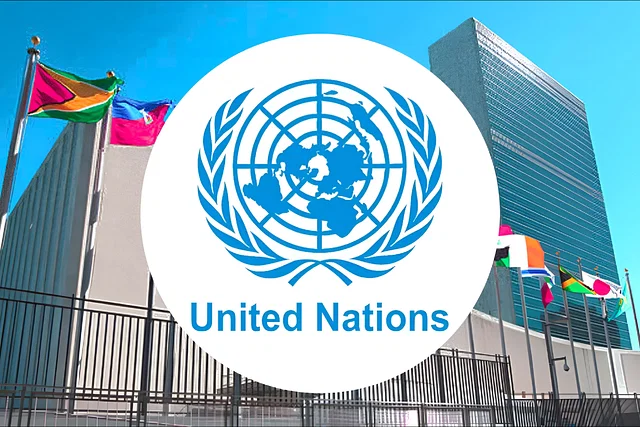The United Nations is joining the investigation into human rights violations, including killings, during the recent student-public uprising in Bangladesh. As part of the UN’s fact-finding mission, a preliminary technical team is arriving in Dhaka today, Thursday, for a week-long visit.
Yesterday, Foreign Secretary Masud Bin Momen told journalists in his office that the UN technical team is initially expected to stay in Bangladesh until August 28. However, their stay may be extended if necessary. Discussions will focus on how Bangladesh can collaborate with the UN in the ongoing investigation.
Meanwhile, diplomatic sources from Geneva have revealed that while the UN is preparing to investigate the atrocities linked to Bangladesh’s quota reform movement, several international human rights organizations are pressuring multiple Western countries to bring the issue before the UN Human Rights Council. Diplomatic analysts believe that since Bangladesh has already taken the bold step of involving the UN in investigating the country’s most horrific human rights violations, raising the issue in the Human Rights Council at this time may not be appropriate.
Last week, the Office of the United Nations High Commissioner for Human Rights (OHCHR) published a report on Bangladesh’s recent movements. Titled “Preliminary Analysis of Recent Protests and Unrest in Bangladesh,” the report alleges serious and credible accusations against law enforcement agencies for using “unnecessary” and “excessive” force to suppress the quota reform movement protests.
The report indicates that police and paramilitary forces used indiscriminate force, including rubber bullets, sound grenades, and even lethal weapons typically used for hunting birds, against both peaceful protesters and violent incidents. This is the first time an international organization has released an assessment report on the situation.
UN Team Arrives Today
Diplomatic sources have indicated that a three-member team led by Rory Mungoven, Head of the Asia-Pacific Region of the UN High Commissioner’s Office, is arriving in Bangladesh to discuss the preliminary fact-finding mission. During their stay in Dhaka, they will meet with stakeholders to finalize the work approach, process, and conditions. However, it is still too early to say if this team will be the main fact-finding team from the UN.
Foreign Secretary Masud Bin Momen stated that the UN team will also meet with advisors, various government authorities, and representatives of civil society. When asked whether the first team to arrive would be a technical or investigative team, the Foreign Secretary responded, “The UN has not yet informed us. We expect that the team will engage in discussions with relevant parties as a preliminary group. The focus will be on identifying the areas where Bangladesh needs support and the type of assistance the UN team will require while they are in the country.”
UN sources mentioned that on August 14, Interim Government Chief Adviser Dr. Muhammad Yunus had a phone conversation with UN High Commissioner for Human Rights Volker Turk, during which the details of the investigation were finalized. The experts arriving from Geneva will primarily determine how to work with the government, define their scope of work, and set timelines. As they will be interacting with various stakeholders during their week-long stay in Dhaka, they may also gather initial insights and information regarding the investigation.
It has been confirmed that the UN team will operate independently, funded by their own resources.
However, a diplomatic source from Geneva reported that the UN has suggested that the technical assistance for the fact-finding team could be considered. Bangladesh, however, prefers that the UN delegation first assess the situation on the ground before making any decisions.
Bangladesh Does Not Want to Face Council Criticism
Diplomatic sources from Geneva have revealed that multiple Western members have written to Bangladesh regarding the human rights situation that arose from the quota reform movement. Human Rights Watch and Amnesty International are also involved in this effort. These international human rights organizations are attempting to pressure UN member states to include Bangladesh’s situation on the Human Rights Council’s agenda.
Diplomatic sources indicate that as Bangladesh has already openly involved the UN in investigating human rights violations, pushing to include Bangladesh’s situation in the Council’s agenda at this time would be inappropriate. If the issue is added to the agenda, Bangladesh may face criticism from member states. Therefore, during the UN delegation’s visit to Bangladesh, it is crucial to strongly convey that adding Bangladesh’s situation to the Human Rights Council’s agenda would not be justified.
